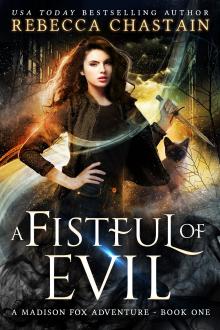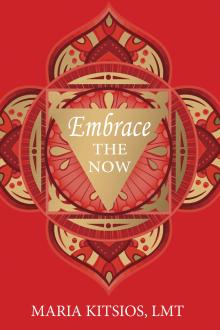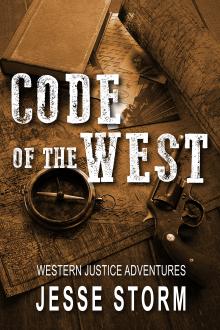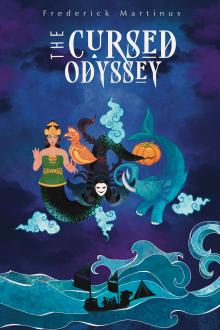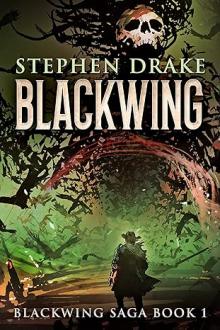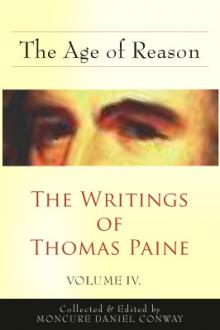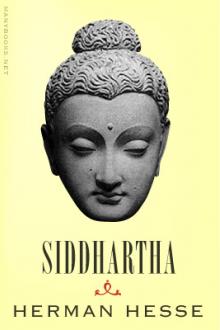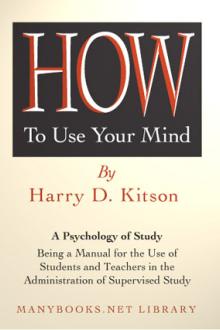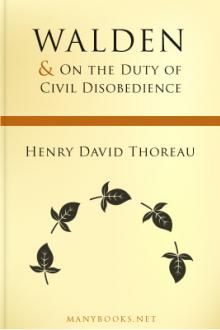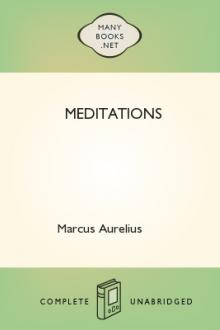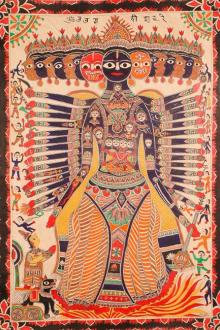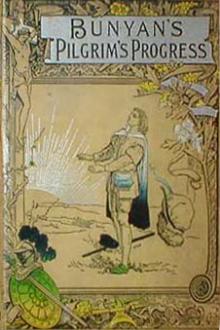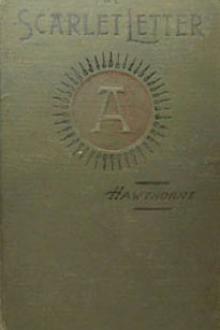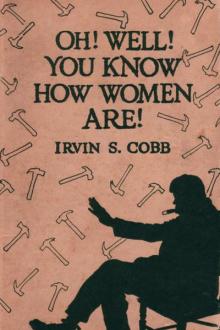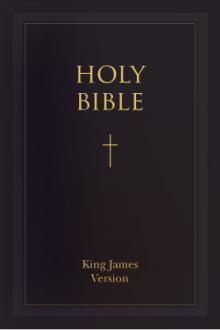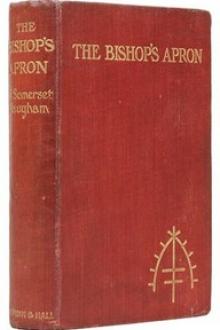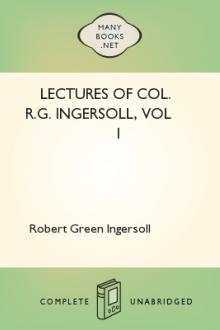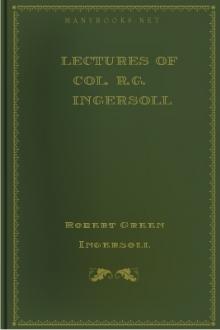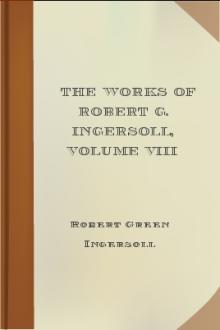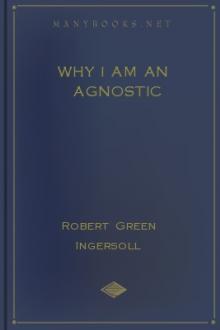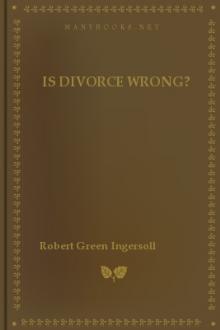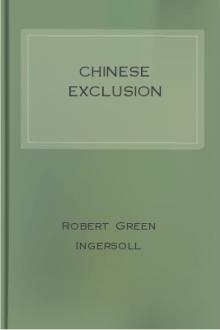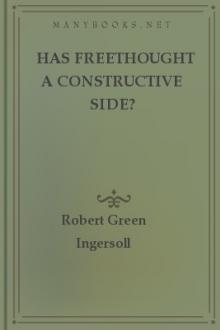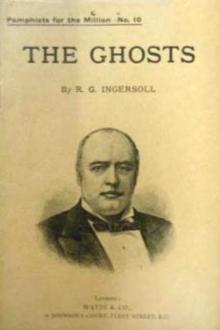About the Holy Bible
About the Holy Bible
Somebody ought to tell the truth about the Bible. The preachers dare not, because they would be driven from their pulpits. Professors in colleges dare not, because they would lose their salaries. Politicians dare not. They would be defeated. Editors dare not. They would lose subscribers. Merchants dare not, because they might lose customers. Men of fashion dare not, fearing that they would lose caste. Even clerks dare not, because they might be discharged. And so I thought I would do it myself.
Book Excerpt
hem all into the lions' den.
"And the lions had the mastery of them, and brake all their bones in pieces, or ever they came at the bottom of the pit."
What had the wives and little children done? How had they offended King Darius, the believer in Jehovah? Who protected Daniel? Jehovah! Who failed to protect the innocent wives and children? Jehovah!
THE STORY OF JOSEPH.
Pharaoh had a dream, and this dream was interpreted by Joseph.
According to this interpretation there was to be in Egypt seven years of plenty, followed by seven years of famine. Joseph advised Pharaoh to buy all the surplus of the seven plentiful years and store it up against the years of famine.
Pharaoh appointed Joseph as his minister or agent, and ordered him to buy the grain of the plentiful years.
Then came the famine. The people came to the king for help. He told them to go to Joseph and do as he said.
Joseph sold corn to the Egyptians until all their money was gone -- until he had
FREE EBOOKS AND DEALS
(view all)Popular books in Religion, Essays
Readers reviews
3.1
LoginSign up
I'm in concord with Jehovha. The so-call atheists understand god much more than conventional religionists do. I think Ingersol et al are, like some of today, appalled & disgusted at the horrible uglinesses of religionism; not really at the Arch-Constructor...
- Upvote (0)
- Downvote (0)
I have been an avid reader of classical books on atheism for years and this book is one of the many reasons why. It basically takes the bible and puts it under a microscope. It is an overview of the Old and New Testament and the teachings of Jesus.
Ingersoll, like myself pulls no punches in exposing some to the more obvious contradictions and heinous aspects of the bible. He pits the so called morality of God against the morality of man.
Finally, he exposes the the lies written between the pages of scripture by fallible men. The bible is neither infallible, moral, nor the word of God.
Ingersoll, like myself pulls no punches in exposing some to the more obvious contradictions and heinous aspects of the bible. He pits the so called morality of God against the morality of man.
Finally, he exposes the the lies written between the pages of scripture by fallible men. The bible is neither infallible, moral, nor the word of God.
03/02/2013
I agree with many of the comments below. Reading this book was like the taste of vomit in my mouth, and spewing forth all that is unholy. I could not finish reading it!
08/07/2011
Poorly written and poorly executed. His logic is left wanting as he produces straw man after straw man to support his atheistic bent.
While I certainly would not classify it as a manifesto of atheism, its intent is clear. There are better organized and articulated papers and books for the atheistic position than this one. As such, I suggest passing on this one.
While I certainly would not classify it as a manifesto of atheism, its intent is clear. There are better organized and articulated papers and books for the atheistic position than this one. As such, I suggest passing on this one.
05/19/2011
A recent study demonstrated that atheists and agnostics know more about religion than religious people do. This book is just an exercise in perspective. It takes passages from the Bible (which no one really reads) and makes common sense comments about them. It isn't an atheist manifesto at all. Just an objective analysis of the Bible.
09/28/2010
If Ingersoll is the giant on whose shoulders Dawkins and Hitchins stood, what pygmies they must be.
If you enjoy the taste of pure vitriol, by all means read this book. I couldn't finish it. The poison was too strong.
If you enjoy the taste of pure vitriol, by all means read this book. I couldn't finish it. The poison was too strong.
09/28/2010
Ingersoll - the giant that Dawkins, Hitchins, etc stand on the shoulder of.
And if you say "but we don't believe that now," well they did then, and alot still do!
And if you say "but we don't believe that now," well they did then, and alot still do!
09/21/2010
Robert Green Ingersoll was a public speaker, not a writer. He went about the country speaking out against the Christian religion in a time where it was still dangerous to do so. His words are inspiring, and show great courage against an entrenched, indoctrinated, and institutionalized enemy, that spared no efforts in demonizing him for his honest and forthright defense of free thought in America. In several instances, local churches and religious affiliated organizations were successful in pressuring venues to bar him from speaking at all. Even more than 100 years after his death, his words still ring true.
06/05/2010
I find this book quite honest and real. C. Alan Loewen, the reviewer below, is a strong defender of Christianity in all of his reviews of the atheists' works found on this site and seems to think that the murders of 6 million jews was done in the name of secular humanism instead of the name of Jesus Christ. In fact, one of Hitler's first orders of business upon rising to power was to ban all freethought organizations in Germany and revoke their publishing rights. Regardless of what ideologies were held by those responsible for the holocaust (Christianity), arguing for or against a belief system based on the actions of its adherents proves nothing of its truth. While the author throws up this imbecilic straw man, Ingersoll also notes the evil actions of Christians and Jews in his book. However, the actions he is referring to aren't just done by those who hold a certain belief, but guided by the hand of the God in whom they believed praised along with all followers since them until the present. Though the reviewer claims that Christian apologists over the past two millennia have faced and defeated the arguments presented by the freethought movement, he is wrong. They have invented imaginary concepts which received the papal stamp of approval. Ingersoll's main points have been left untouched, or fumbled about by all Christian apologists since; namely, that the morality of the Old and New Testaments is misguiding and horrific, and that evidence for the credibility of the stories therein is completely lacking. The previous reviewer also calls this book cloaked antisemitism, though upon reading this book, I did not find a single criticism against Jews that are not equally offered of other religious/ethnic groups. If you want to be entertained by ridiculous literature, click C. Alan Loewen's name and read his reviews of atheistic works, including those of Ingersoll. They all contain the same bombastic, supercilious aspersions of the freethought movement as a whole. This book, About the Bible, on the other hand is a wonderful, affirming book for any non-believer and a great eye-opener for any Jew or Christian who has either only heard the bible read at synagogue or church or has turned a deaf ear to the majority of the passages therein.
06/03/2010
Colonel Robert Green Ingersoll (1833–1899) was a Civil War veteran, American political leader, and orator, noted for his broad range of culture and his defense of agnosticism.
His writings also represent the last dying gasps of the Golden Age of Freethought before the horrors of two World Wars put an end to secular humanism once and for all.
About the Holy Bible is your typical Ingersoll rant composed of logical fallacies such as straw men and arguments by outrage. His hatred for the Old Testament is thinly disguised anti-Semitism, a philosophy very acceptable to 19th century skeptics until the Holocaust showed them the fruit of their labors.
Ingersoll’s most hilarious statements are that the Judeo-Christian religion has never produced anything of beauty or worth to the human race, a statement that will come as a surprise to those who know names such as Bach, Beethoven, and Brahms or scientists such as George Washington Carver, James Clerk Maxwell, Gregor Mendel, Michael Faraday and a host of other prominent scientists who had no trouble combining science with their Judeo-Christian faith.
In the end, the book only serves as a source of comfort to skeptics who, in the late hours of the night, as they stare at the ceiling pondering the bogeymen of metaphysics can reach for Ingersoll’s screed so as to avoid dealing with the big questions, a sort of mental thumbsucking.
Judeo-Christian theists can be amazed that in the century between Ingersoll and the likes of Richard Dawkins and Christopher Hitchens, skepticism has failed to come up with a single original thought that theists haven’t already dealt with for two millennia.
His writings also represent the last dying gasps of the Golden Age of Freethought before the horrors of two World Wars put an end to secular humanism once and for all.
About the Holy Bible is your typical Ingersoll rant composed of logical fallacies such as straw men and arguments by outrage. His hatred for the Old Testament is thinly disguised anti-Semitism, a philosophy very acceptable to 19th century skeptics until the Holocaust showed them the fruit of their labors.
Ingersoll’s most hilarious statements are that the Judeo-Christian religion has never produced anything of beauty or worth to the human race, a statement that will come as a surprise to those who know names such as Bach, Beethoven, and Brahms or scientists such as George Washington Carver, James Clerk Maxwell, Gregor Mendel, Michael Faraday and a host of other prominent scientists who had no trouble combining science with their Judeo-Christian faith.
In the end, the book only serves as a source of comfort to skeptics who, in the late hours of the night, as they stare at the ceiling pondering the bogeymen of metaphysics can reach for Ingersoll’s screed so as to avoid dealing with the big questions, a sort of mental thumbsucking.
Judeo-Christian theists can be amazed that in the century between Ingersoll and the likes of Richard Dawkins and Christopher Hitchens, skepticism has failed to come up with a single original thought that theists haven’t already dealt with for two millennia.
04/16/2009
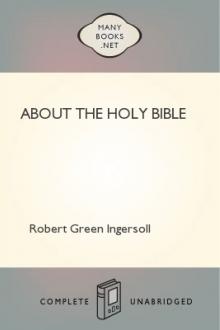
 Free Download
Free Download




